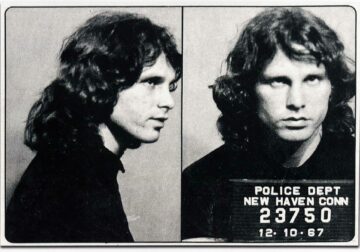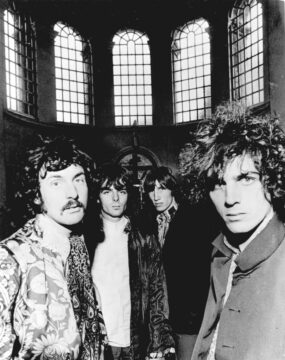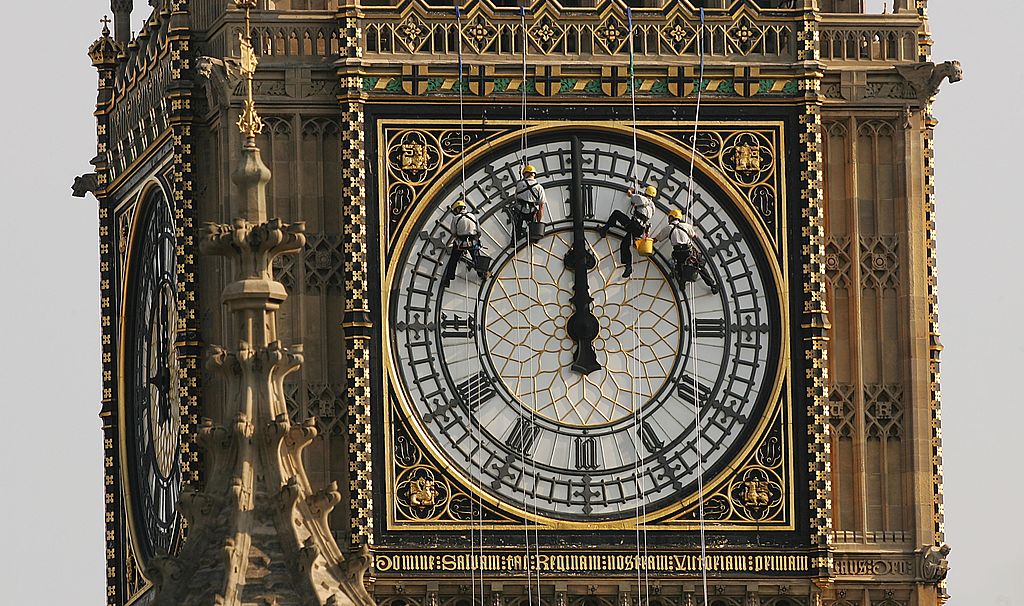
The hour between 01:00 and 02:00 on a Saturday night is best used for sleeping or getting home. Rarely does anything good happen after 2am, and you still have a chance of enjoying a mildly hungover Sunday rather than a scary one, should you make it home beforehand. This weekend, that hour doesn’t exist.
Britain first cranked their clocks forward on 21 May 1916, with the nation gripped by war. Needing to preserve coal, we took the drastic wartime measure to change the clocks and save energy – though this was enacted only after Kaiser Wilhelm II had imposed the same decree upon Germany.
The move followed years of parliament rejecting efforts to alter the clocks. Benjamin Franklin is widely credited as the first proponent of the idea during his time as US envoy to France in the 1780s. However, he merely satirically suggested Parisians could save some money on candles by waking up earlier in the summer, and it was, in fact, William Willett, a builder from Kent, who first raised the serious proposition of Britain’s Daylight Saving. The idea came to him in the early 1900s after riding his horse one morning and seeing the number of blinds still closed after sunrise. Willett died of influenza in 1915 and never saw his dream realised.
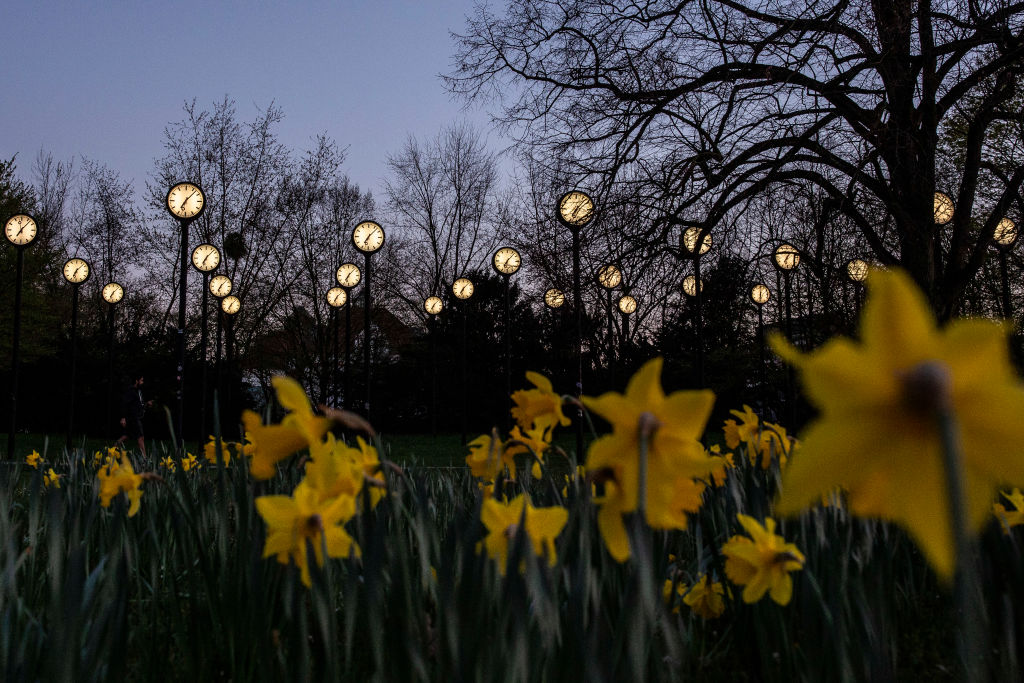
(Photo by Maja Hitij/Getty Images)
Over 100 years on, Daylight Saving Time (DST) has become so ubiquitous that we can hardly imagine a world without it. We simply assume it is necessary and beneficial. Even the name, Daylight Saving, carries an air of propaganda – how could anybody possibly disagree with saving daylight?
Except, of course, changing the clocks doesn’t save any daylight. We see the exact same amount of sun in any given 24 hours, and it just depends on whether it is dark in the morning or dark in the evening.
READ MORE: THE ABSOLUTE STATE OF LINKEDIN
DST continues to be justified as a means to conserve energy (though whether or not it ever succeeded remains inconclusive). Occasionally, you encounter the fallacy that farmers need the extra hour in the morning. Still, this nonsensical idea of an ‘extra hour’ relies on us switching forward an hour in the first place, and DST has never had anything to do with farmers.
While the benefits remain vague, at best, the ramifications of DST are proven. Changing the clocks disrupts our circadian rhythms, affecting our sleep for days or weeks. It increases the risk of heart attacks and traffic accidents and decreases the productivity of people at work. One study from the United States calculated a loss of $434 million to the American economy each spring when the clocks change.
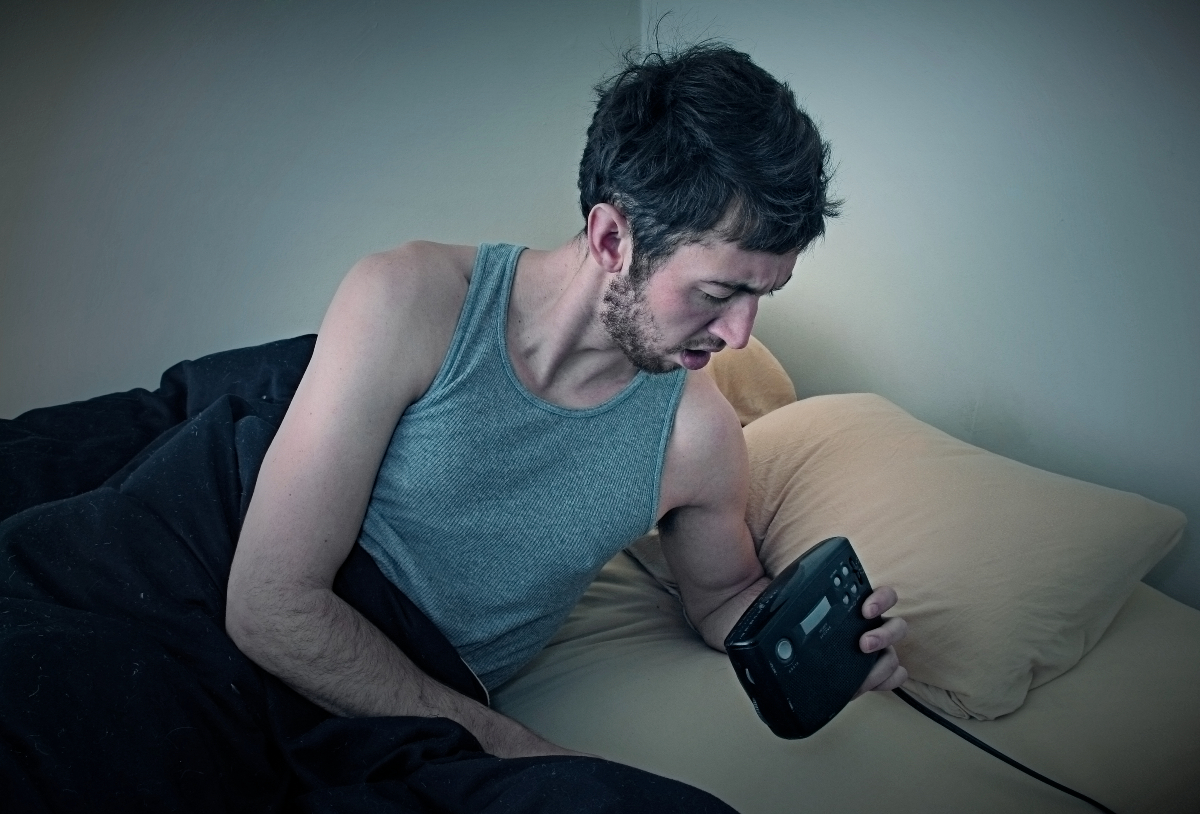
A young Winston Churchill, in favour of DST as far back as 1909, argued: “An extra yawn one morning in the springtime, an extra snooze one night in the autumn is all that we ask in return for dazzling gifts.” The only dazzling gift, by my reckoning, is long summer evenings. And they are lovely, particularly for someone like myself who is not an early riser, but this is not enough.
We are by no means alone in our lunacy. Europe, North America, parts of the Middle East, northern Africa, Southeast Australia and New Zealand are guilty of inflicting this unnecessary suffering on their peoples. However, we now have an opportunity to lead the march towards daylight sanity.

